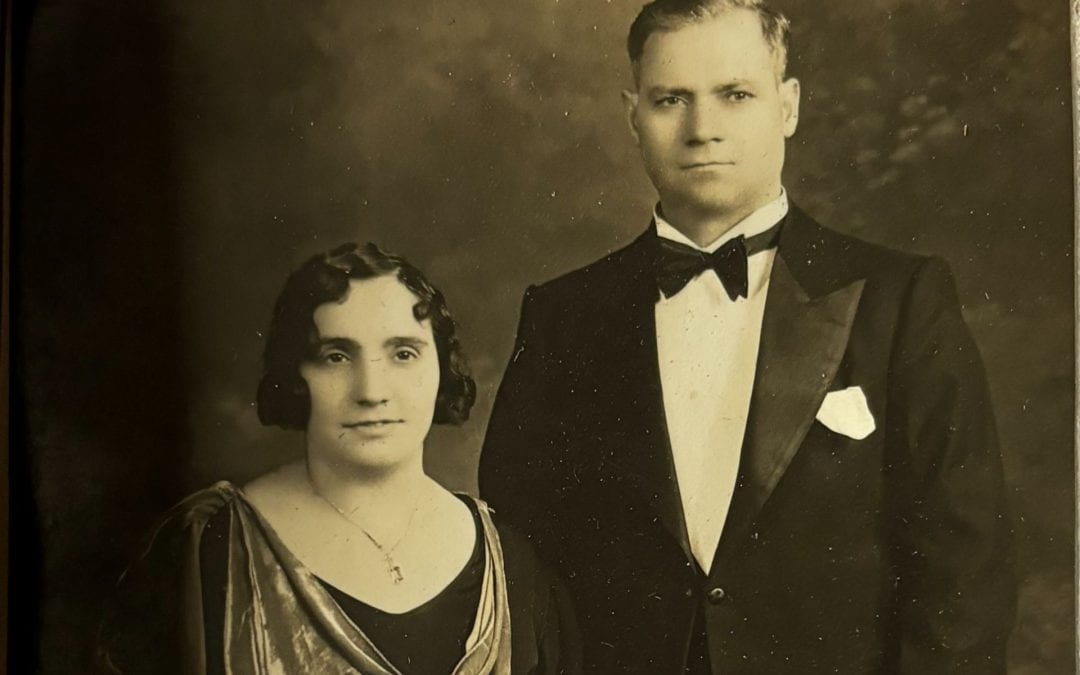ALL POSTS

Rearguing Grants Pass: Equal Protection for Individuals Experiencing Homelessness
Homelessness is complex. Its causes are many. So may be the public policy responses required to address it. City of Grants Pass v. Johnson, 603 U. S. 520, 524 (2024). I. SCOTUS Finds Against Unhoused Populations in Grants Pass v. Johnson When the City of...

Save the ALJs! A Proposal to Convert ALJs to Article III Adjudicators
I. Introduction Administrative Law Judges ("ALJs") are essential to the federal government. They operate as members of the executive branch exercising quasi-judicial power for hearing administrative law disputes within the context of the Administrative...

We Can Neither Confirm Nor Deny—Nor Execute: Applying the Heightened Reliability Standard in Death Penalty Cases with Classified Evidence
I. Introduction In 1976 the Supreme Court reestablished the death penalty following a four-year moratorium. In Gregg v. Georgia, the Court held that the death penalty was constitutional when proceedings had safeguards to prevent arbitrary or discriminatory...
THE IMPORTANCE OF ATTORNEY’S FEES IN CIVIL RIGHTS CASES: A LOOK AT LACKEY V. STINNIE
The case of Lackey v. Stinnie, argued on October 8, may not have attracted national headlines, but its implications for civil rights litigation are profound. At the heart of this case is the question of whether plaintiffs in civil rights cases can recover attorney’s...

Heroes Born of Women: Abortion, Servitude, and a People’s Originalism, Installation II
This work is a continuation of: Heroes Born of Women: Abortion, Servitude, and a People’s Originalism, Installation I. Installation I sets out the method of people’s originalism and discusses the challenges faced by originalist methodologies. This second installation...

Heroes Born of Women: Abortion, Servitude, and a People’s Originalism, Installation I
In the last fifty years, originalism has gone from being an obscure academic theory to making national headlines. Notably, the United States Supreme Court in Dobbs v. Jackson Women’s Health Organization[1] relied on the originalist methodology of original public...
Dobbs v. History, Part Two: American Common Law
Lost arguments are not grounds to overrule a case. When proponents of those arguments, greater now in number on the Court, return to fight old battles anew, it betrays an unrestrained disregard for precedent. It fosters the People’s suspicions that “bedrock principles...
Dobbs v. History, Part One: English Common Law
This piece is the first of a four-part series examining how common law and 19th-century statutes support pre-viability abortion as a constitutionally protected right under the Ninth and Fourteenth Amendments. Part one specifically explores the Court’s analytical missteps in Dobbs’ discussion of historic English Common Law.

“My Ancestors Came Here Legally.” Yes, it was much easier back then.
A modern analysis of my Italian great-grandparents’ journey to the U.S. in the early 20th Century. Give me your tired, your poor, Your huddled masses yearning to breathe free, The wretched refuse of your teeming shore. As long as they are here legally! ...
The Arguments to be Made for Rahimi
I. Background United States v. Rahimi has the potential to greatly affect Second Amendment jurisprudence regarding how courts consider domestic violence restraining orders. See United States v. Rahimi, 217 L.Ed.2d 250 (U.S. 2023). On appeal from the Fifth Circuit,...

